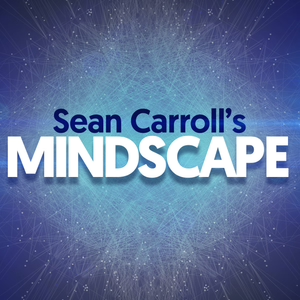
John Bloom on the Match that Lit the Scientific Revolution
12/06/24 • 20 min
Previous Episode

The Universal Optimal Design of Vertebrate Limbs
When we look at feats of human engineering, like vehicles, skyscrapers, and computers, we don't doubt our intuition that they're intelligently designed. But when it comes to marvels of the natural world, like bird wings, whale flippers, and our own arms and legs, we're expected to suspend our design intuition and credit a gradual, undirected evolutionary process. Bio-engineer Dr. Stuart Burgess has been studying vertebrate limbs for over thirty years. On this episode of ID The Future, Burgess shares his cutting-edge insights on the universal optimal design of vertebrate limb patterns and the implications for fields like robotics.
Next Episode

How to Make a Bayesian Inference to the Best Explanation
When we gain new information about beliefs we hold, it’s good practice to update our viewpoints accordingly to avoid incoherence in our thinking. On today’s ID The Future, host Jonathan McLatchie invites professor and author Dr. Tim McGrew to the show to discuss how Bayesian reasoning can help us maintain coherence across our set of beliefs. The pair also apply Bayesian logic to the debate over Darwinian evolution to show that a confidence in design arguments can be mathematically rigorous and logically sound. Bayesian logic provides a mathematical way to update prior probabilities with new information to produce a more realistic likelihood ratio. And when it comes to evaluating different hypotheses, small pieces of evidence can add up. “Even evidence Read More ›
If you like this episode you’ll love
Episode Comments
Generate a badge
Get a badge for your website that links back to this episode
<a href="https://goodpods.com/podcasts/intelligent-design-the-future-952/john-bloom-on-the-match-that-lit-the-scientific-revolution-79546051"> <img src="https://storage.googleapis.com/goodpods-images-bucket/badges/generic-badge-1.svg" alt="listen to john bloom on the match that lit the scientific revolution on goodpods" style="width: 225px" /> </a>
Copy




